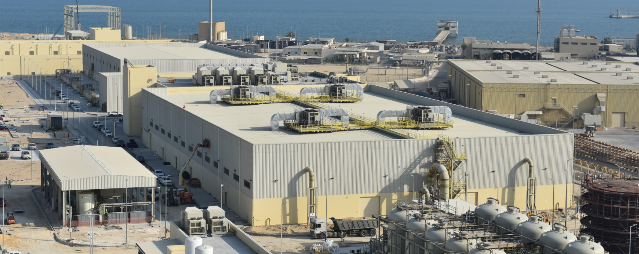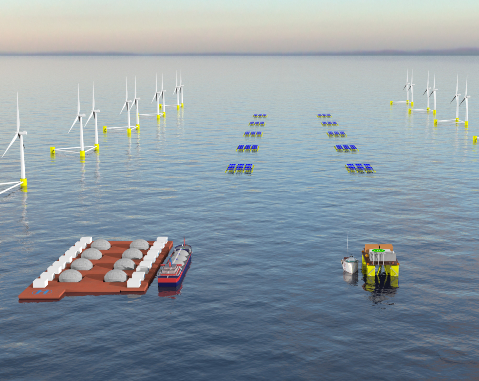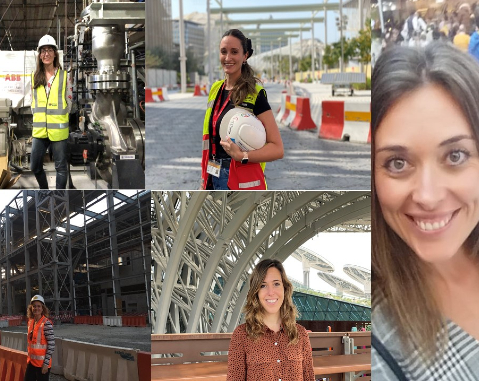- ACCIONA
- Press room
- Blog
- 2020
- November
- Integrated Water Manag...
Integrated Water Management
19/11/2020By Julio de la Rosa, ACCIONA ME Business Development Director for our Water solutions

Integrated Water Management (IWM) can be defined as “the supply of water and sanitation to citizens optimizing the resources in the most sustainable way, environmentally and financially”. Granting access to potable water and sanitation is recognized as a human right by the United Nations (UN) since it is one of the most critical human needs.
Only through a holistic approach by the public and private actors involved in the Water Cycle that target can be reached. The Water Cycle value-chain can be analyzed both vertically and horizontally. Starting from potable water generation as a first step, a detailed analysis of all the available raw water sources for potable water supply should be conducted in every Master Planning of cities or rural areas. Alternative sources of water may not be considered at first, but when these sources are pondered along with the most efficient technologies available in the market today, an optimal raw water to potable water conversion rate can be accomplished. One must always take energy consumption and environmental footprint in consideration to draw the final picture.
Water transmission and distribution is another field where potential significant improvement is attainable. For example, a serious focus on preventing water loses and leakages will contribute to the right management of the network and revert large savings. This attention to the network should also include the digitalization of the water transmission grid down to the metering devices to achieve our goal.
The next step would be to analyze the final consumers either domestic, industrial or agricultural. For all of them, specially the domestic, it is essential to reach out with educational campaigns to make everyone aware on how precious every water drop is. Another important measure to reduce water consumption is to accommodate the water quality with the demand and the actual water usage.
Regarding the industrial zones, they also must look to improve their internal Water Cycle practices to adopt the most efficient technologies that can help to reduce their consumption and waste generation.
Agriculture, as one of the largest water consumer, shall give special attention to the financial aspects to support the implementation of the most adequate irrigation technologies and to promote the use of reclaimed water by segregating crops and customizing the quality of water required when possible. Education in main topics such as actual water cost, water quality and water environmental cost is fundamental. After all, each agricultural user has its particular ways to secure the supply, its expenses and the water, as a scarce resource, should never be used to speculate but to make our lives better.
Last, but most important, is Water Reuse. It is the promising start to soften water stress all around the world. Its potential is huge thanks to the current technologies available in the market. Reused water can safely be utilized for urban facilities maintenance, agriculture, greenery and other areas. The sludge generated in any Waste Water Treatment Plant (WWTP) can be a nutrient source for agricultural purposes or even to industrial facilities process water. A solid legal framework is the foundation of what is to come regarding reclaimed water use. In that respect, on February 12th , 2019, the European Parliament approved a draft set of regulations regarding mandatory minimum requirements for Water Reuse.
All of the ideas described above shall have a sound Information Technologies /(IT) component as the prime foundation to achieve efficiency. The new Big Data technologies helps us to gather real-time information of the network or facility, to analyze and to swiftly take the best management decisions not only for the operation and maintenance of the assets through preventive and corrective maintenance, but also to better identify and optimize our next capital investment in order to improve the water services.
It is imperative for the Governments and Authorities to work together with the private sector towards a sustainable Integrated Water Management Strategy (IWMS) to better serve our population.


View ACCIONA Social Networks